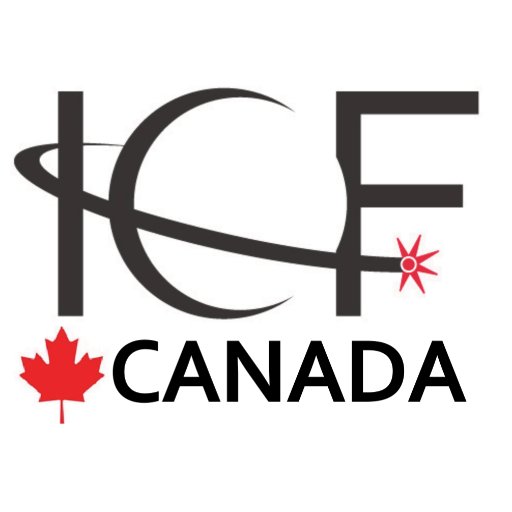Cultivating Innovative Ideas in a Top 7 Intelligent Community
Cultivating Innovative Ideas in a Top 7 Intelligent Community
Blog by Elaine Baxter-Trahair, Chief Administrative Officer for The Regional Municipality of Durham
What makes a Top 7 community? Durham Region has been named a Top 7 community by ICF for three years in a row. We recently spent some time reflecting on this question.
In Durham, our community’s Top 7 journey is like a tree. Partnerships allow us to put down deep roots. With a stable trunk of strong principles, collectively, we can nurture the seeds of innovation. And the branches: they showcase our collective achievements.
To establish our roots in Durham, we foster partnerships. Because a collaborative mindset is one that needs to be practised. And we practise it a lot.
Durham created an Intelligent Community Consortium (ICC)—a 20-member team of local representatives from municipal government, post-secondary educational institutions, innovation groups, business organizations and more—that discusses a shared vision and partnerships for community challenges.
One local partnership shows support for innovative urban agriculture. Helping to address challenges like food insecurity; access to safe and stable supplies of fresh food; economic stability and regeneration of land for local food production. A project that includes a new urban farm and community-based living lab.
Plus, local university researchers are working with a farm, in Durham Region, to develop an energy-efficient greenhouse that will outperform traditional ones. We could have strawberries growing in Canada’s cold winter months! It’s an idea that stemmed from an on-campus incubator program; and one that’s already secured a $1 million development grant.
Each project starts with an understanding of the challenges ahead. Then, it’s about finding ways to address them. To determine the best path forward. But how? One of the best first steps is to use engagement. It’s an important value that our partners uphold.
Two-way engagement allows us to leverage local expertise and lived experiences. It gives us feedback and perspectives to absorb. And it leads to better informed communities that drive decision-making.
In 2020, racial violence in Canada and the U.S. sparked a conversation about anti-Black racism here at home. To address the situation, the Durham Regional Chair and the Durham Regional Police Service (DRPS) Chief hosted an anti-Black racism town hall. About 7,000 people tuned in to listen, with several residents sharing lived experiences and stories via telephone. Those who didn’t call in, but still wanted to share their experiences, were invited to do so via our online engagement platform.
We listened. We took notes. We acted. Feedback was compiled and shared across community organizations.
To help shape a made-in-Durham solution, we needed to understand what was happening here.
As a result of this town hall, Regional Council approved a Diversity, Equity and Inclusion (DEI) Division. This team has taken various recommendations to establish a local anti-racism task force with partners and community members represented. It’s a team that provides advice to Council about issues related to structural, systemic and interpersonal racism.
Their insight is valuable. Durham is known for its diverse, inclusive and highly skilled workforce; individuals shaped through several local post-secondary programs. When we embrace students, we offer an investment in our future leaders. The decision-makers of tomorrow.
It begins at the high-school level. Local school boards offer programs for students to match future career paths with skills and interests.
Then, about 36,000 local post-secondary students (from two local universities, one community college, and one medical school campus) can access experiential learning via co-operative education placements, field placements, capstone projects and applied research projects. It’s a ladder of opportunity for 70 to 80 per cent of post-secondary students who participate.
Business students are also given memberships to local chambers of commerce/boards of trades. This provides opportunities to attend events; interact with industry contacts; and access professional development opportunities.
In 2020, the Region wanted to offer even more. Our CityStudio Durham program—a partnership with DRPS and three post-secondary institutions—exposes students to “real-world” challenges. In four years, we’ve engaged 824 students within 92 different projects. The results? Growth in the innovative technology sector. An expanded talent pipeline of ready-to-work students. And recognition as one of the top five markets, in Canada, for tech talent growth.
Each of our collective achievements, advancements and accolades are shaping our future. The Top 7 journey has taken us from a seedling—to feeling as strong as the mighty maple!
Our roots continue to dig deeper. More branches are beginning to grow. And we continue to cultivate and nurture innovative and transformative ideas within our region.
